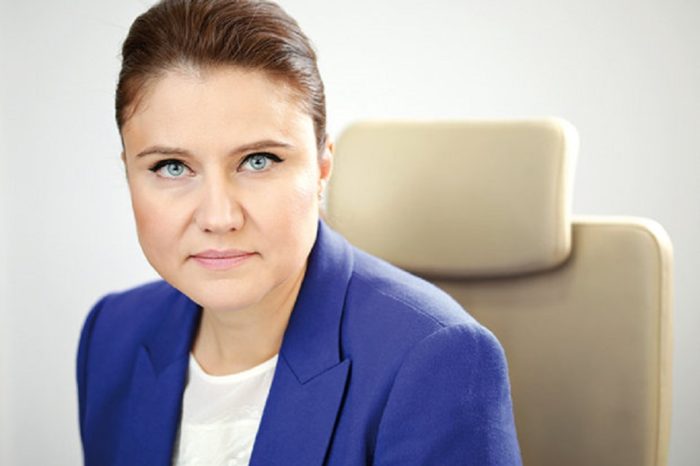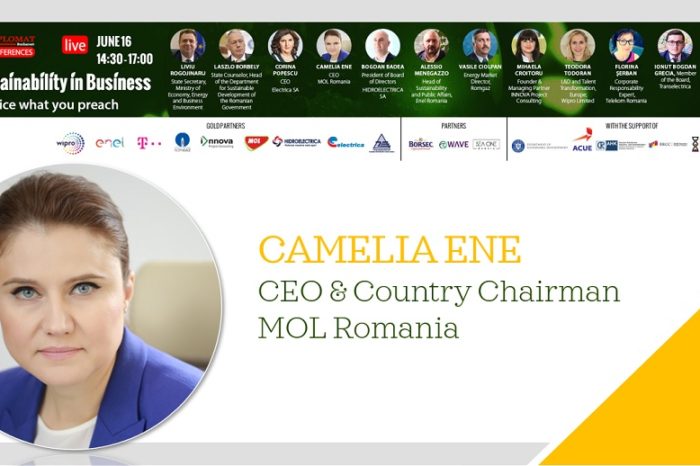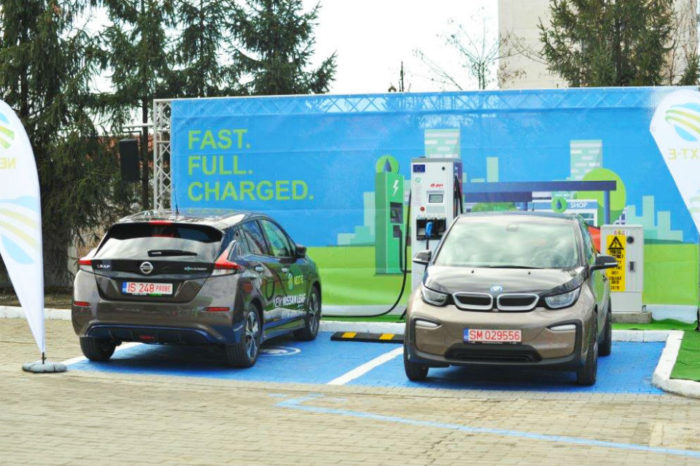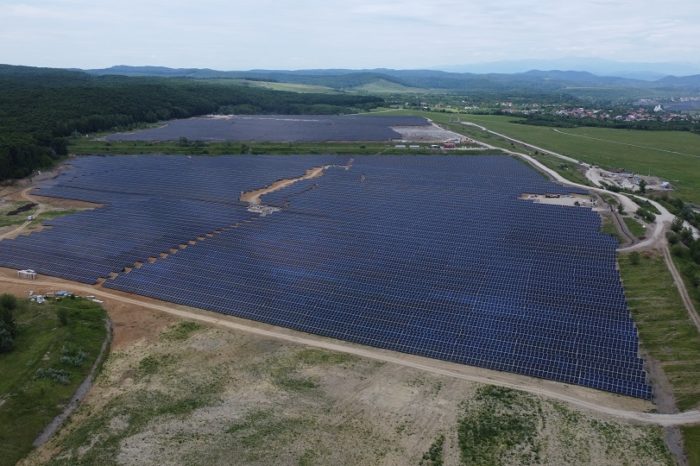MOL Group results in Q2 and H1: stable operations, despite the unfavorable external context
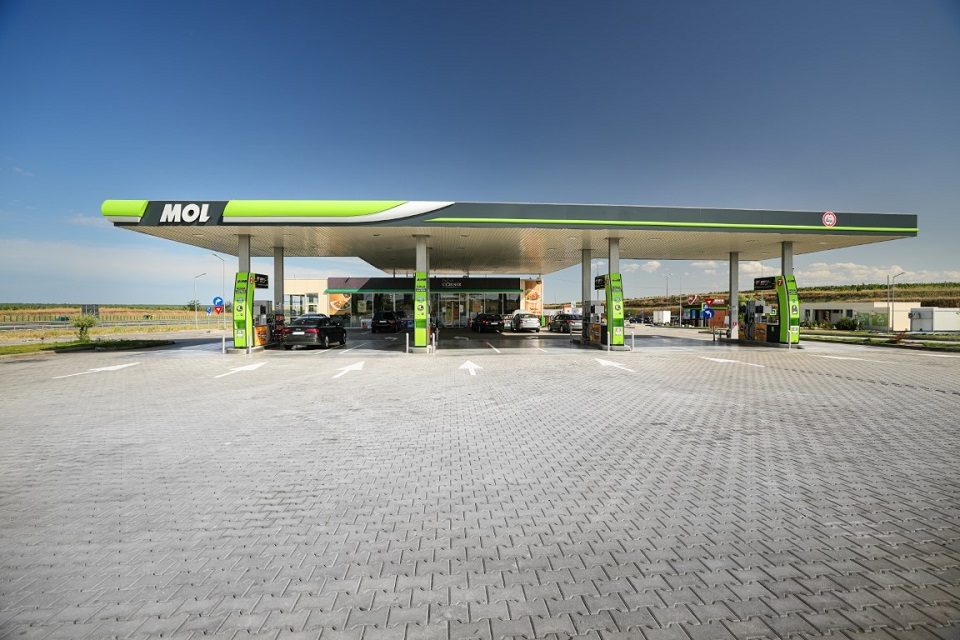
- CCS EBITDA operating profit amounted to USD 411 million in Q2 2023 and USD 1,125 million in H1, a result affected by the external macroeconomic environment and government measures in Central and Eastern Europe.
- Upstream segment results were $99 million in Q2 2023, impacted by one-off charges, lower hydrocarbon prices and production disruption in Kurdistan.
- Downstream segment EBITDA results totaled $102 million in Q2 2023 amid regulatory impact, pressure on margins in the petrochemical sector and less favorable macroeconomic conditions in refining.
- The Consumer Services segment saw significant year-on-year EBITDA growth to $175 million in Q2 2023 on the back of easing price cap regulations and better performance in the non-fuel sector.
- The estimated impact of one-off government taxes in CEE amounts to approximately USD 600 million in Q2 2023.
- At the level of 2023, an EBITDA level of approximately USD 2.5 billion is estimated.
MOL Group today announced its financial results for Q2 and H1 2023. In the first six months, MOL Group achieved an EBITDA operating profit of USD 1,125 million, and in Q2 the operating EBITDA result amounted to USD 411 million. Both Downstream and Upstream segment results were impacted by unfavorable macroeconomic conditions and massive government charges, including additional taxes and mining royalty surcharges.
Additionally, in the second quarter, results were also impacted by a new additional income tax in Hungary of $315 million at the full-year 2023 level, recognized as a one-time expense in Q2. The Consumer Services segment rebounded from last year’s lows and generated approximately 43% of MOL’s total EBITDA result, partially mitigating the adverse effects of the external environment. At the level of 2023, the MOL Group estimates that it will reach an EBITDA level of approximately USD 2.5 billion.
Zsolt Hernádi, Chairman and CEO of MOL, offered a statement on the results: “The macroeconomic context was not strong enough to counterbalance the negative effects of government interventions in the Central and Eastern European region which undoubtedly left their mark on the results we achieved in the first half of the year and, in especially in the second quarter of 2023. The current level of government taxes – unless these exceptional measures are phased out in the near future – will affect the competitiveness of the MOL Group and put pressure on the generation of cash flow necessary for our plans of investments. Without taking into account the negative external effects, the operational performance of the MOL Group was robust, the business continued its strategic investment plans and the MOL Group also managed to launch a new business line dedicated to waste management.”
In the Upstream segment, EBITDA decreased to USD 99 million in Q2 2023 and reached USD 382 million in H1 2023, representing a decrease of 83% and 63% respectively compared to the same period last year.
Free cash flow generation virtually disappeared in Q2 2023 due to additional income taxes and mining royalties levied by the Hungarian government, and lower hydrocarbon prices negatively impacted results in turn. Oil and gas production volume fell 5% in the second quarter from a year earlier as production from the Shaikan field in Iraqi Kurdistan was halted due to an export pipeline shutdown throughout the quarter.
As a result of extraordinary efforts, in line with MOL’s commitment to ensure regional supply security, production in Hungary increased by 6.5% year-on-year this quarter, bringing group-wide production volume to 91 .6 mboepd in H1, well above the production target.
Downstream segment: CCS EBITDA operating profit fell in Q2 2023 to $102 million, while the mid-year result was $487 million. The significant drop in the second quarter came on the back of additional charges, such as the one-off charge from the additional corporate tax, but also the reduced profit margin in petrochemicals, combined with the level of demand and pressure on prices. Fuel demand in Hungary fell by 12% compared to Q2 2022 as price capping boosted consumption in the reference period, while demand increased in other CEE states, notably Croatia (+8 %). Overall, at Group level, total sales remained at the same level.
In the Consumer Services segment, EBITDA increased almost four times in Q2 2023 compared to the same period last year, reaching USD 175 million, and at the level of the first semester it thus reached USD 301 million. The relaxation of retail price caps in the Central and Eastern European regions, the continued strengthening of the contribution of the non-fuel segment and the excellent internal performance were the main factors that influenced the increase in results.
At the same time, the sales volume in Q2 2023 increased by 16% compared to the same period last year, this result being also supported by an additional positive impact of 200 million liters following the acquisition of Lotos in Poland, while the volume of fuel sold increased in most countries except Hungary as demand normalized after the lifting of price caps. The number of Fresh Corner locations increased to 1,180 in Q2 2023, from 1,103 in the same period last year.
Gas Midstream segment: EBITDA result increased significantly in Q2 2023 compared to Q2 2022, reaching USD 60 million, on the back of strengthening of cross-border transmission capacity, with first half results in this segment exceeding USD 139 million. Due to lower gas purchase prices compared to the same period last year, operating costs decreased, which contributed to good results.



